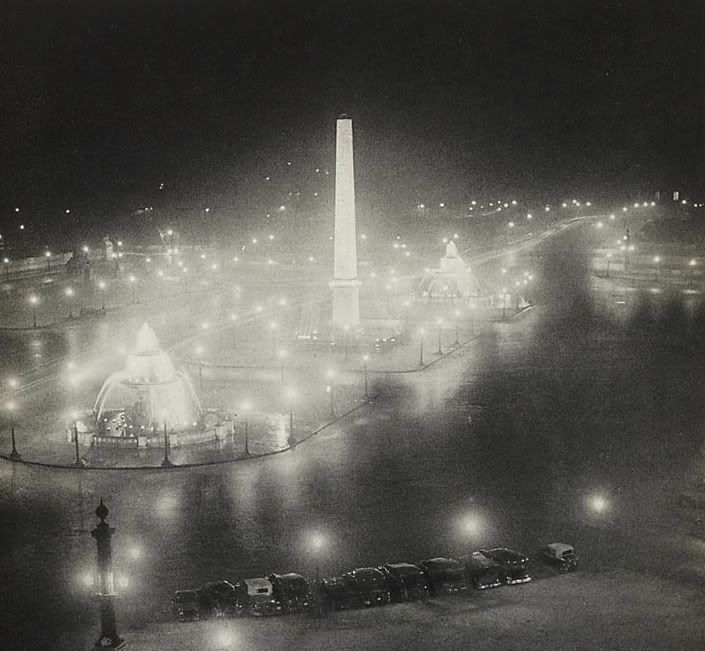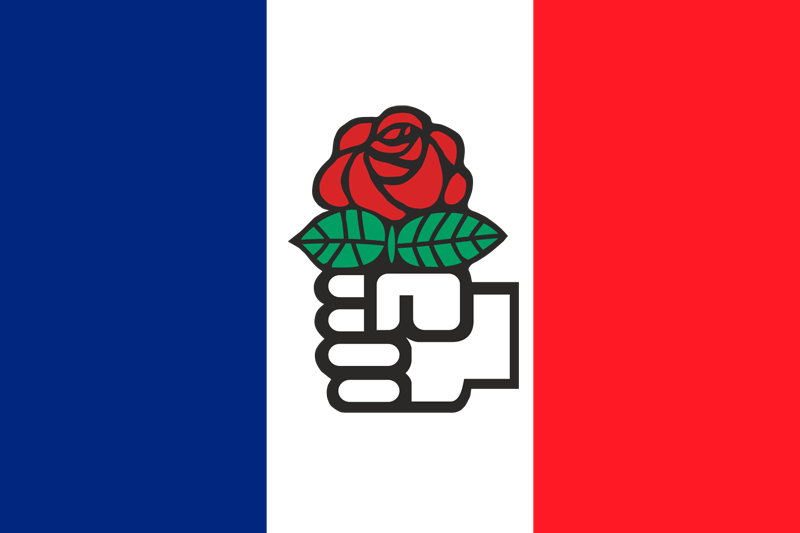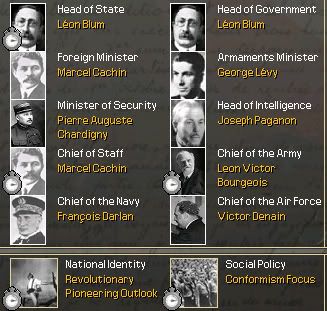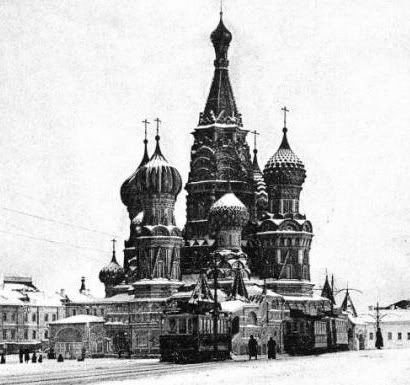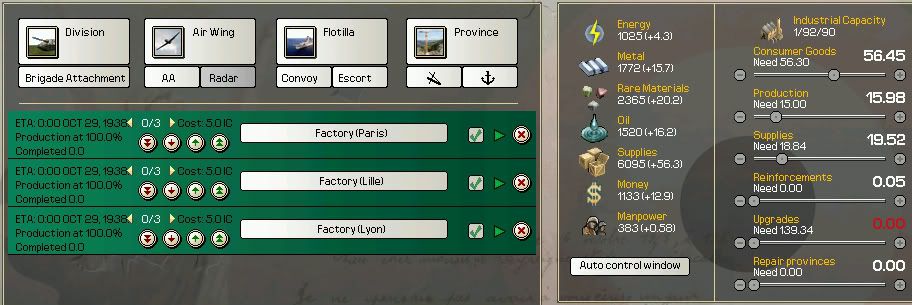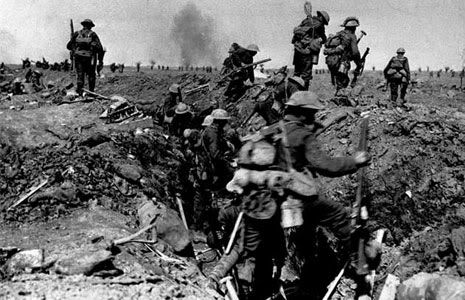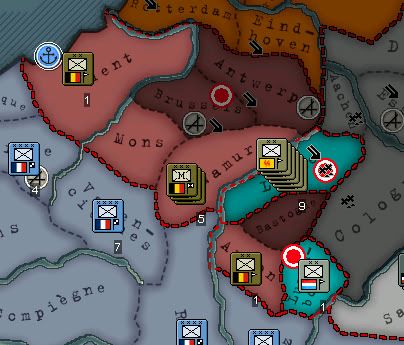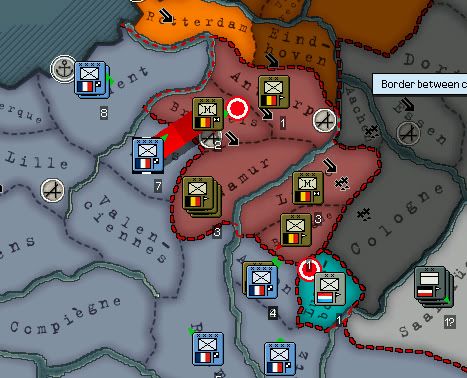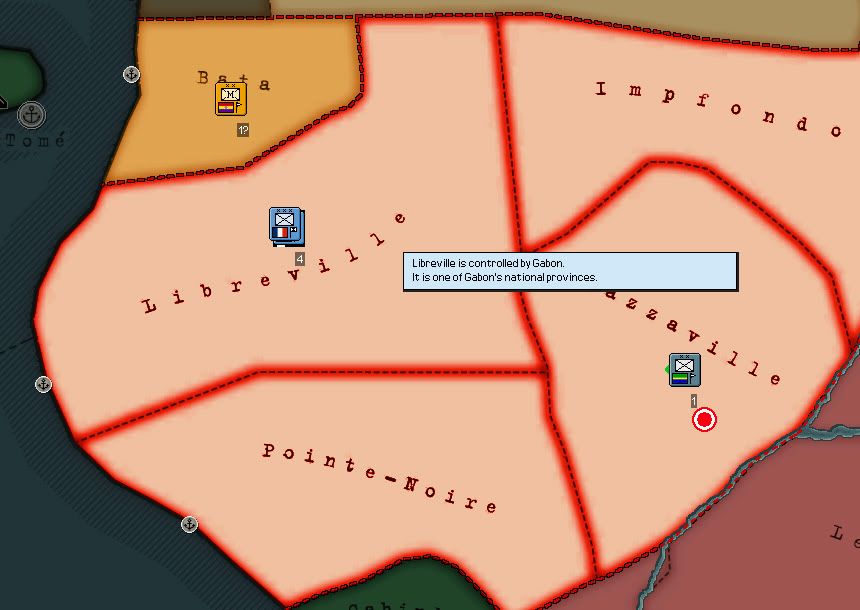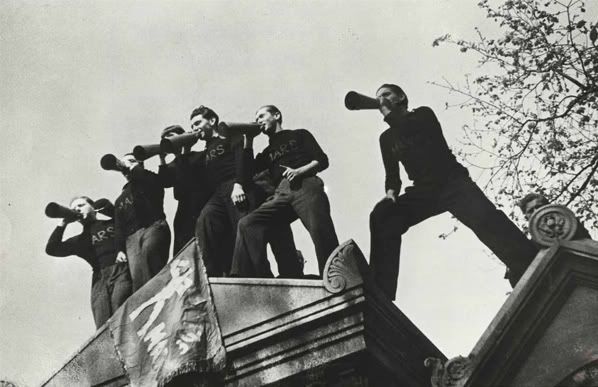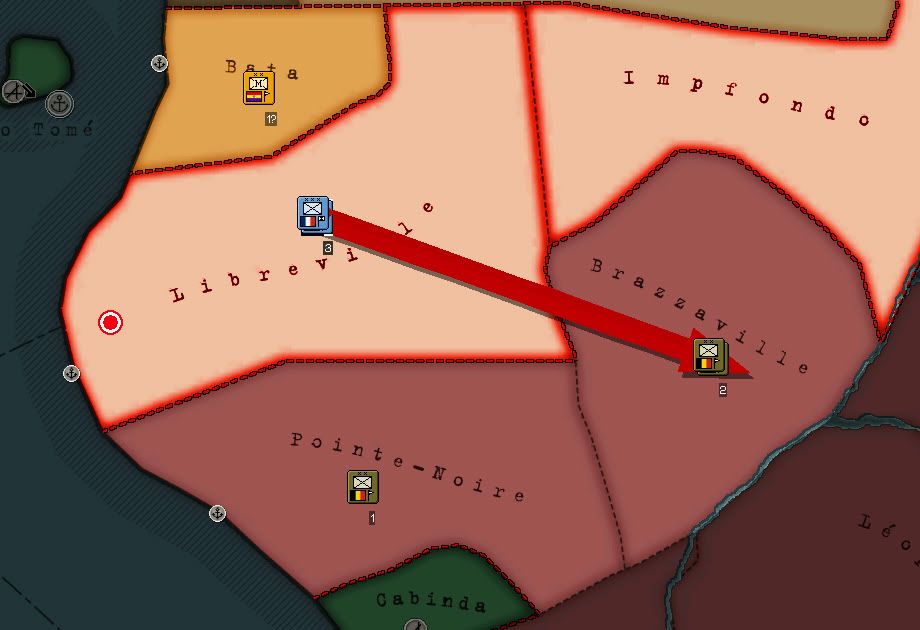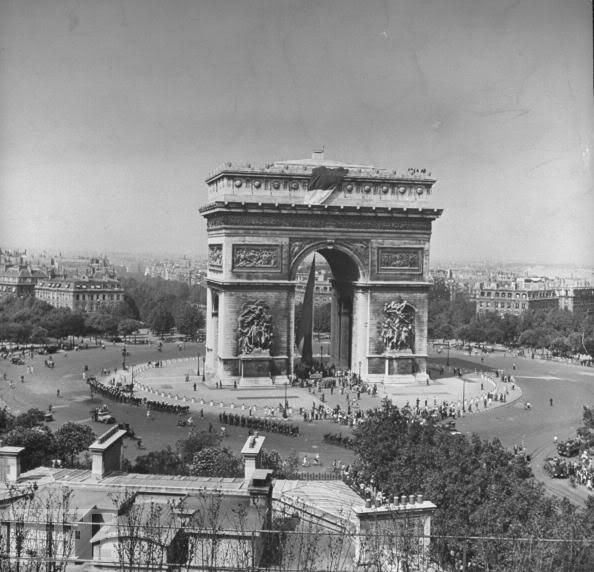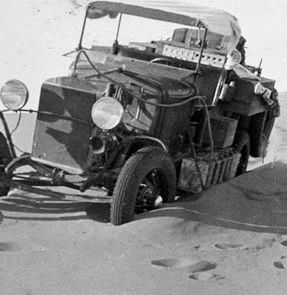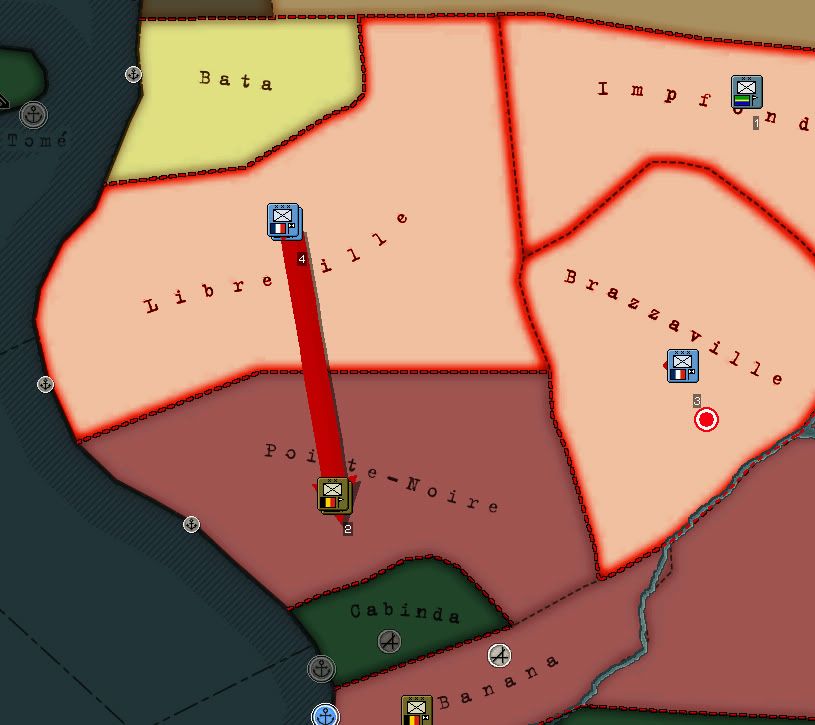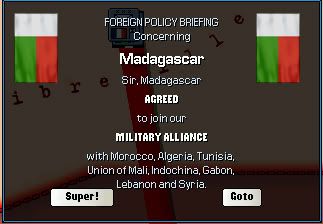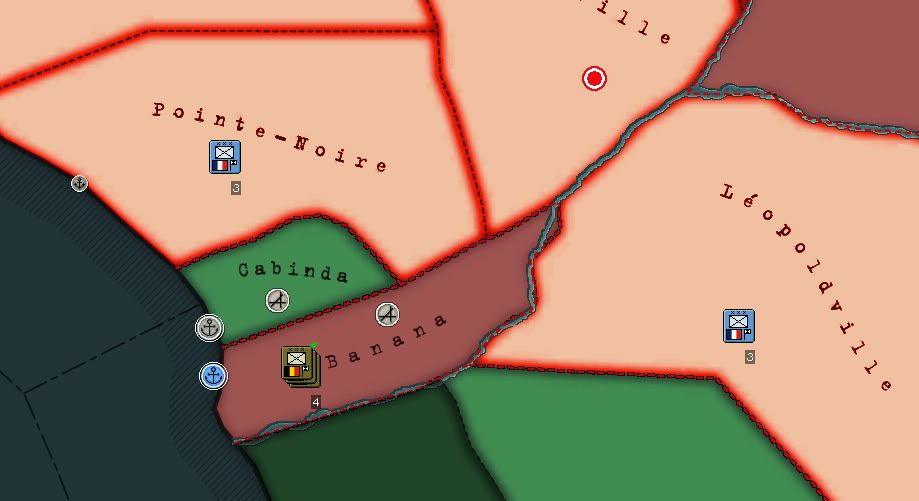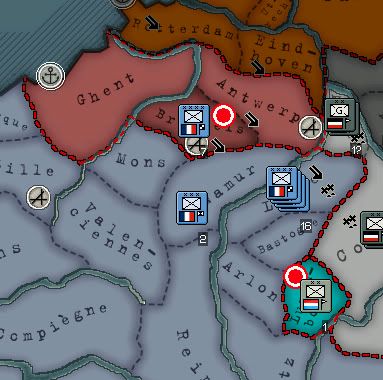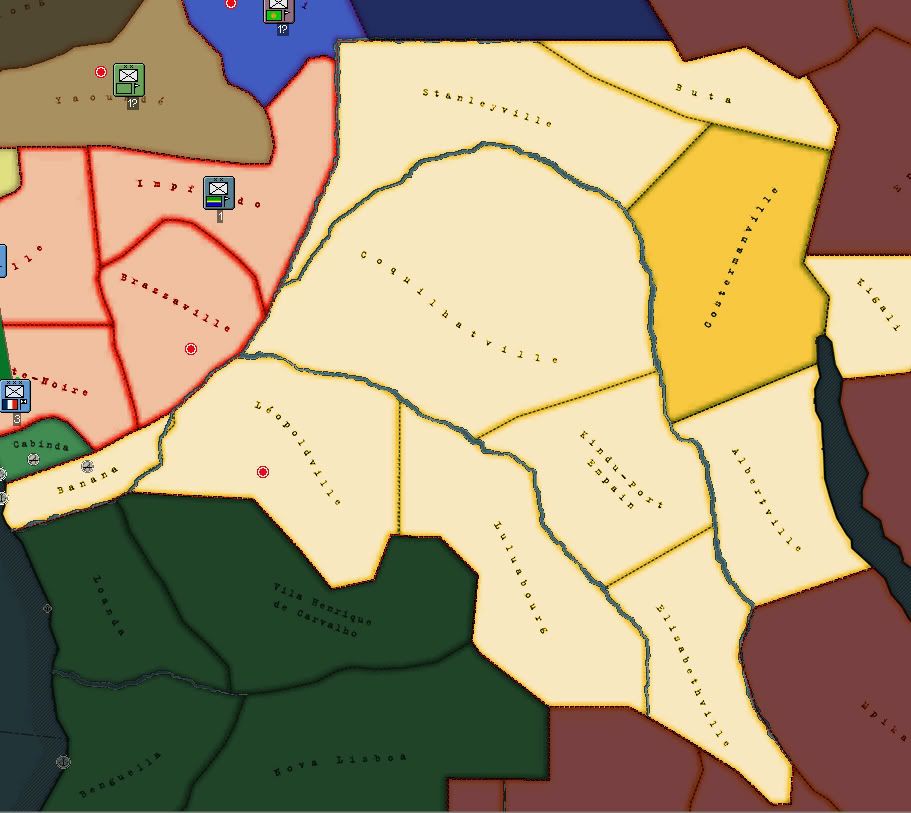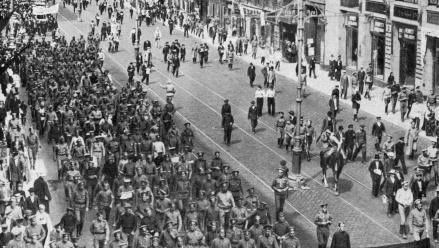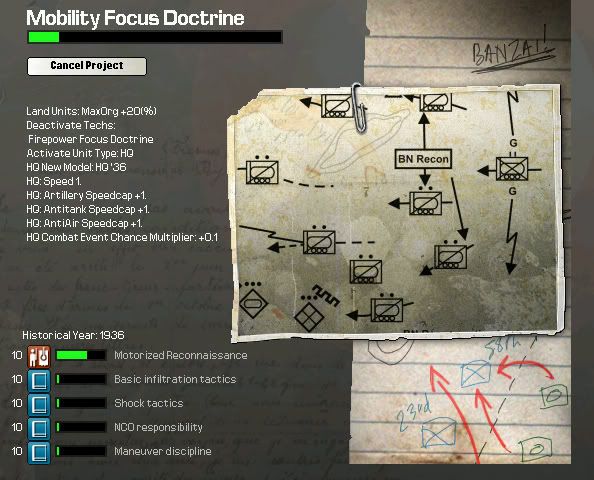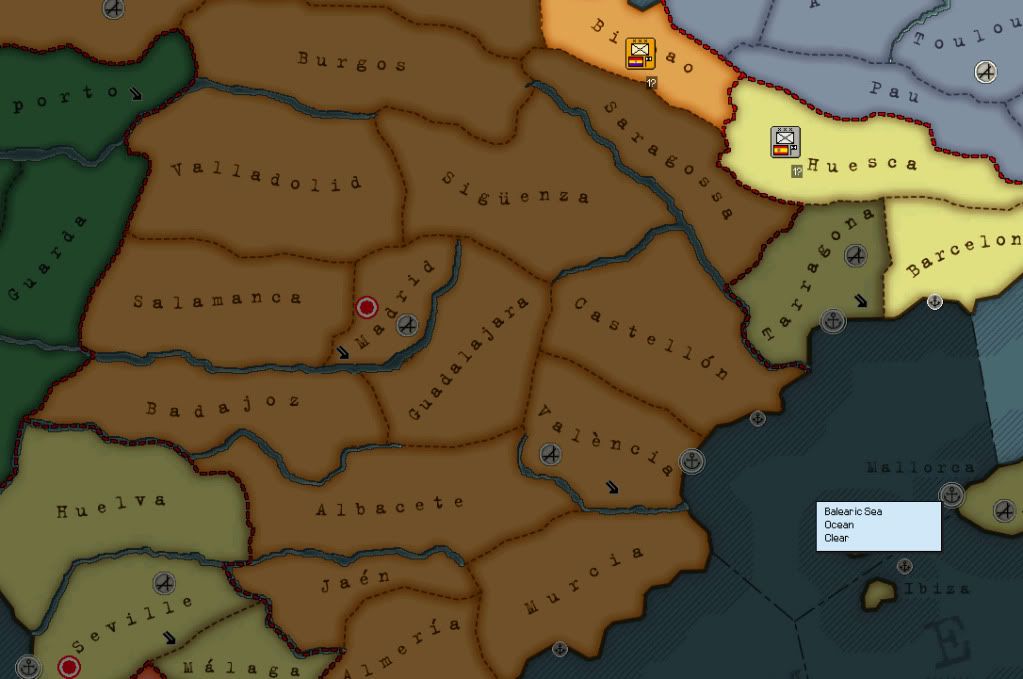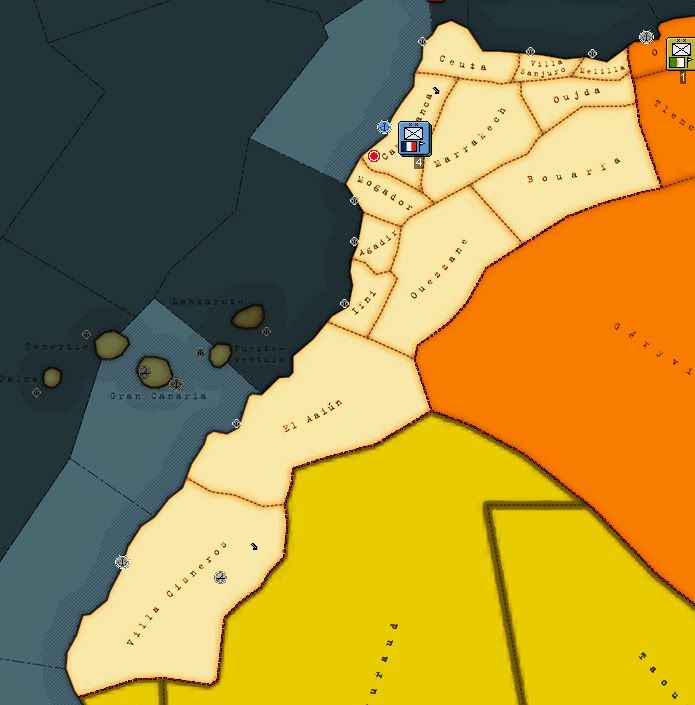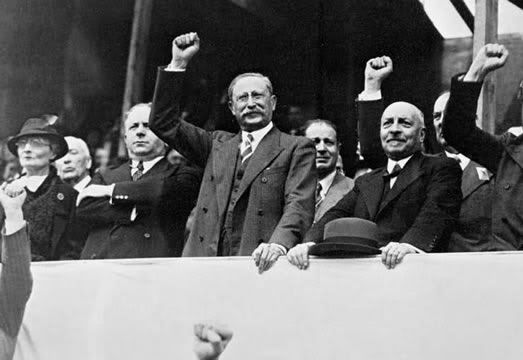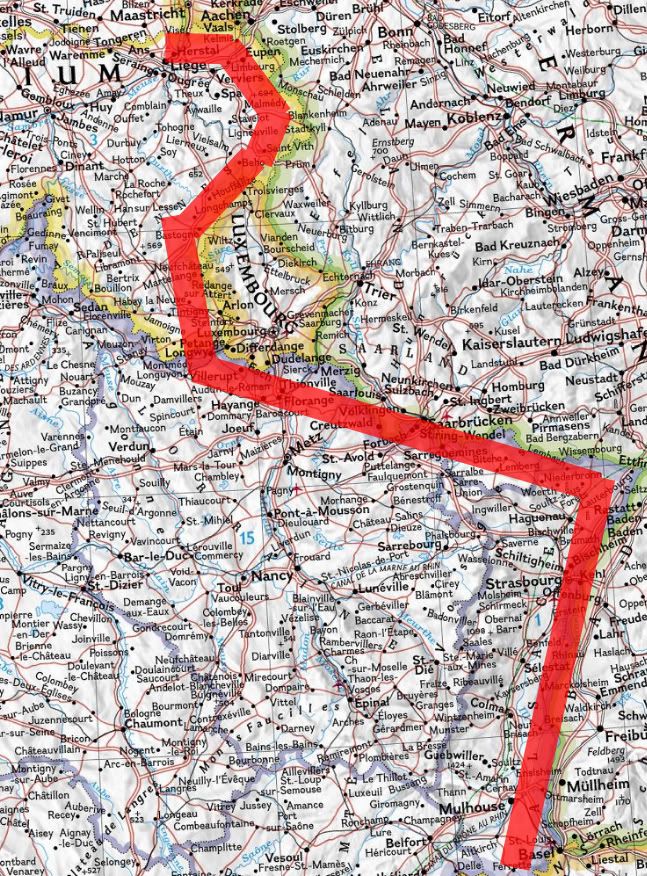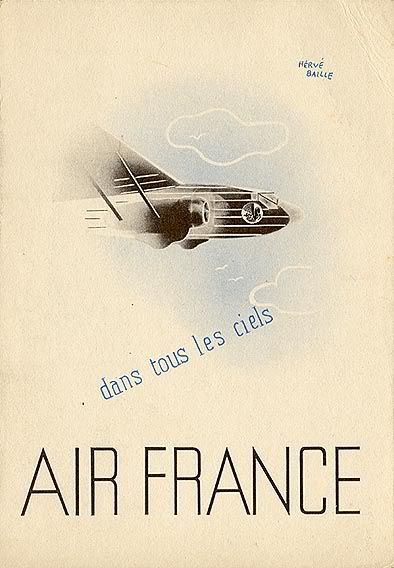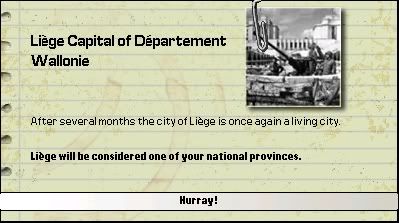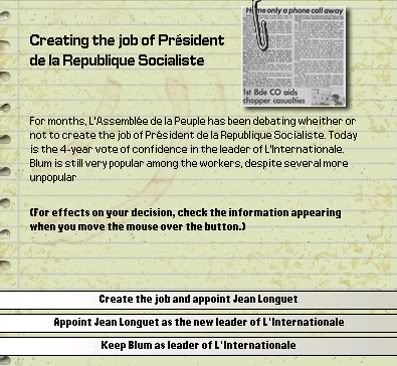Hey, I'm going to play as a Socialist France starting from the 1936 scenario. I'm going to play as If this France was part of the Labour and Socialist International, the big rivals of the Comintern up until 1940. This means that this won't be a game of France and the Soviet Union teaming up together to beat Germany: I'll try to have my own way in politics.
Arsenal of Democracy 1.04
Cold War Tech Tree Extension Mod
Normal/Furious
Tech Team Takeover (because this is a Socialist International after all )
)
NO IC Takeover
1936 Scenario (slightly modded so I can have a "correct" Socialist France)
Playing as France
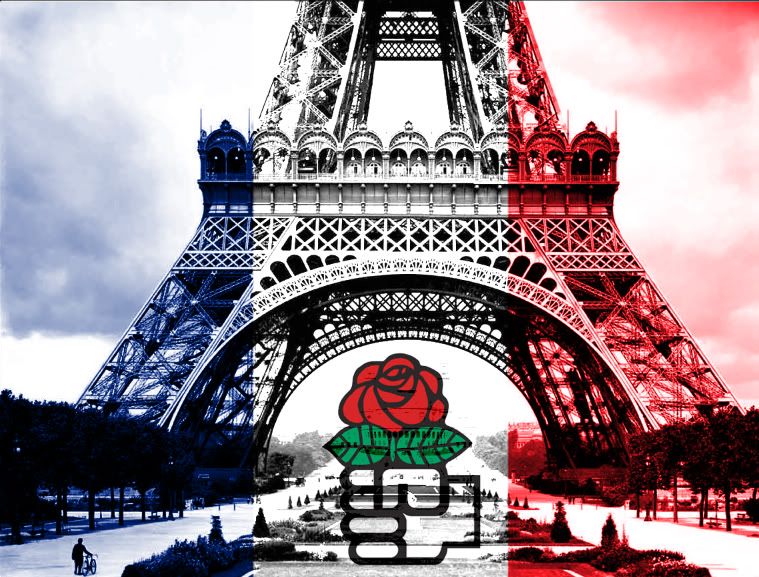
Index:
Interwar Period:
Chapter 1 - The Murder of Maurice Thorez
Chapter 2 - The Walloon Revolution
Chapter 3 - Belgium will not subdue socialism!
Chapter 4 - "La Grande Grève"
Chapter 5 - The Treaty of Brussels
Chapter 6 - Conscription Begins
Chapter 7 - "The Lyonnese strikes are over!"
Chapter 8 - The Election
Chapter 9 - Enter Jean Longuet
Chapter 10 - "Ne voulons pas verder de sang Allemand!"
Chapter 11 - Tensions rising
Chapter 12 - Plan Arc-en-Ciel
Chapter 13 - L'Armée de l'Air
Chapter 14 - The demise of the Czechoslovak Confederation
Chapter 15 - The Fall of the Chinese Dragon
Chapter 16 - The 19th Labour and Socialist International Assembly of Paris
Second World War:
Chapter 1 - "This country is now at war with Germany"
Chapter 2 - Mobilization!
Chapter 3 - Organising the front
Chapter 4 - Plan Rose
Chapter 5 - "It doesn't work!"
Chapter 6 - Fall Weserübung
Chapter 7 - The first stage of German invasion
Chapter 8 - The Battle of Ghent
Chapter 9 - "And now, ladies and gentlemen, a trap!"
I'm always open for your feedback, suggestions and ideas So If you have some, don't hesitate to post!
So If you have some, don't hesitate to post! 
Arsenal of Democracy 1.04
Cold War Tech Tree Extension Mod
Normal/Furious
Tech Team Takeover (because this is a Socialist International after all
NO IC Takeover
1936 Scenario (slightly modded so I can have a "correct" Socialist France)
Playing as France

Index:
Interwar Period:
Chapter 1 - The Murder of Maurice Thorez
Chapter 2 - The Walloon Revolution
Chapter 3 - Belgium will not subdue socialism!
Chapter 4 - "La Grande Grève"
Chapter 5 - The Treaty of Brussels
Chapter 6 - Conscription Begins
Chapter 7 - "The Lyonnese strikes are over!"
Chapter 8 - The Election
Chapter 9 - Enter Jean Longuet
Chapter 10 - "Ne voulons pas verder de sang Allemand!"
Chapter 11 - Tensions rising
Chapter 12 - Plan Arc-en-Ciel
Chapter 13 - L'Armée de l'Air
Chapter 14 - The demise of the Czechoslovak Confederation
Chapter 15 - The Fall of the Chinese Dragon
Chapter 16 - The 19th Labour and Socialist International Assembly of Paris
Second World War:
Chapter 1 - "This country is now at war with Germany"
Chapter 2 - Mobilization!
Chapter 3 - Organising the front
Chapter 4 - Plan Rose
Chapter 5 - "It doesn't work!"
Chapter 6 - Fall Weserübung
Chapter 7 - The first stage of German invasion
Chapter 8 - The Battle of Ghent
Chapter 9 - "And now, ladies and gentlemen, a trap!"
I'm always open for your feedback, suggestions and ideas
Last edited:


